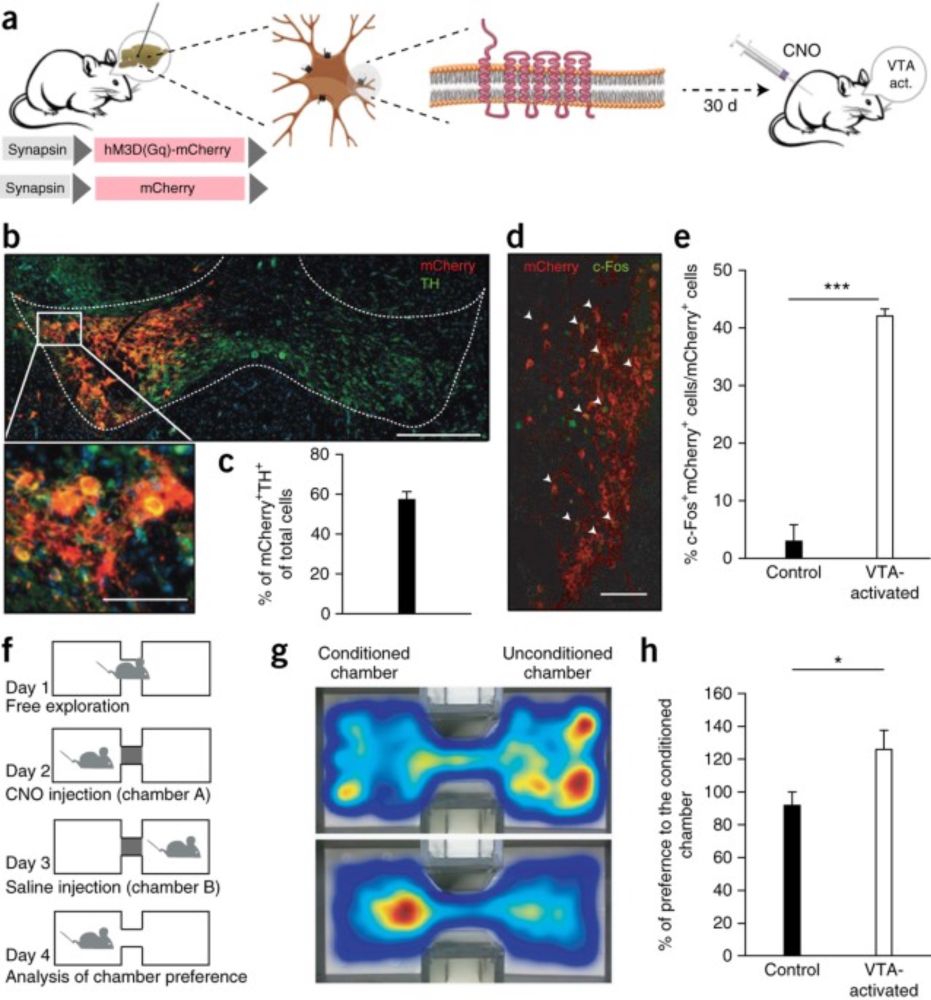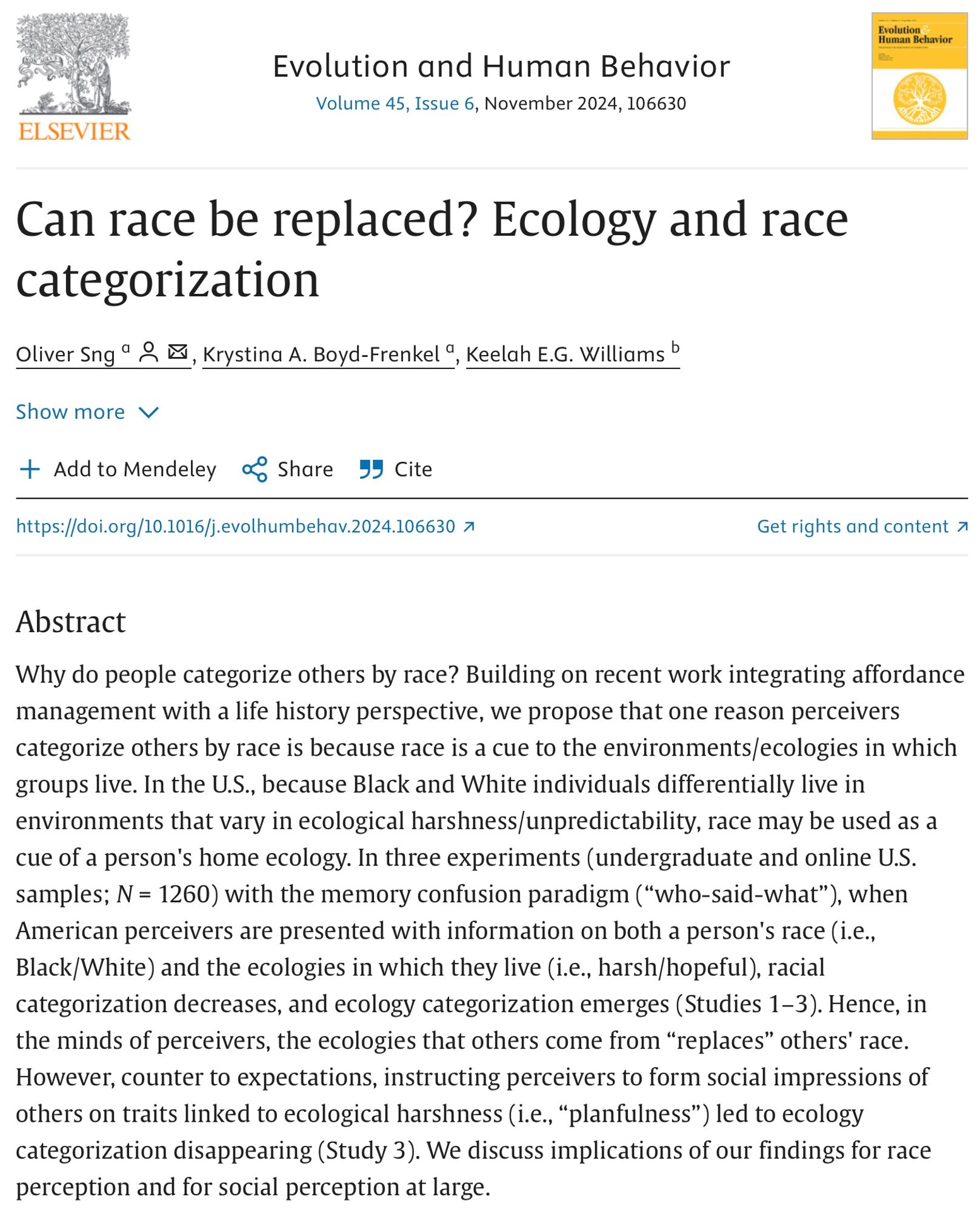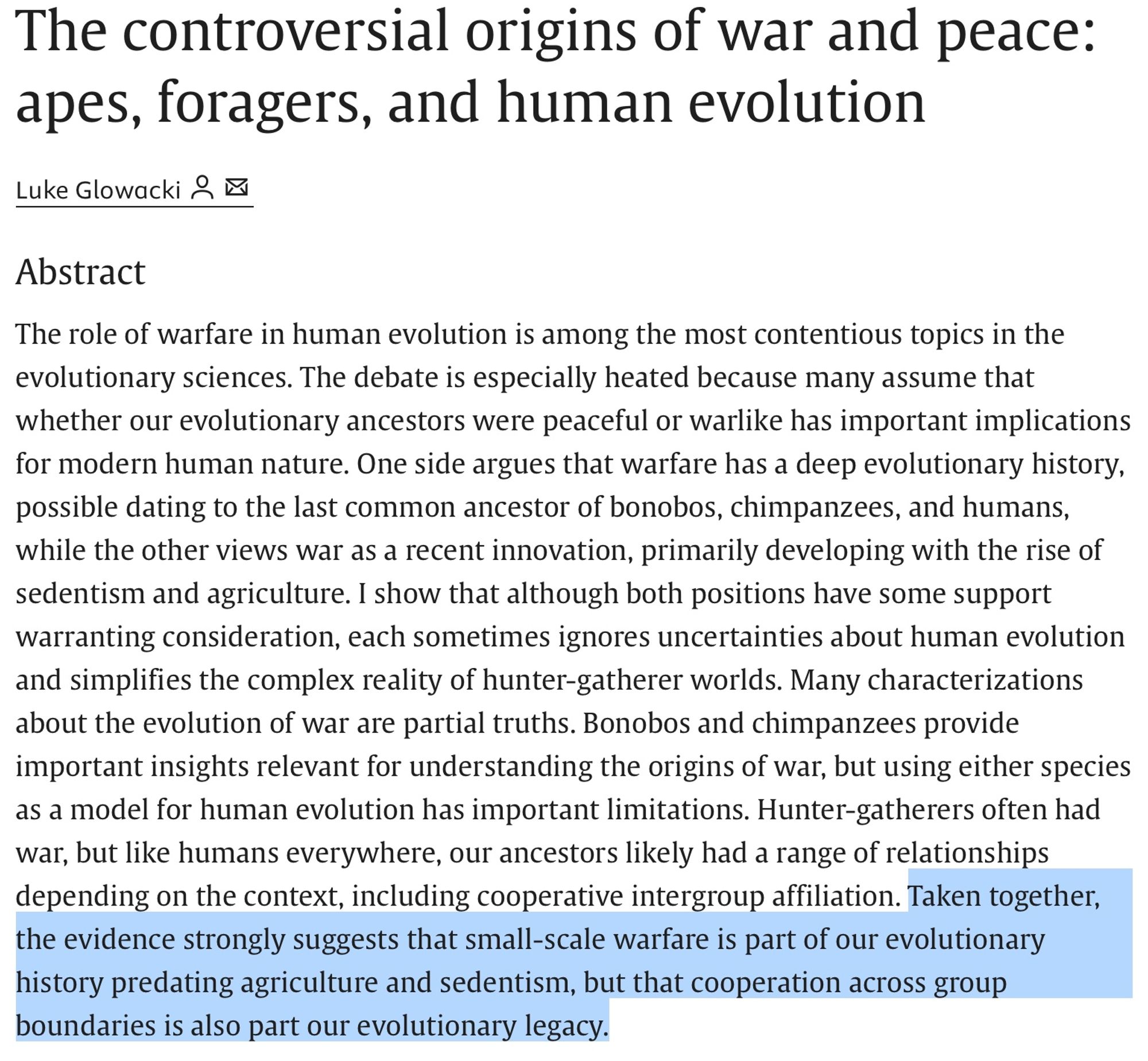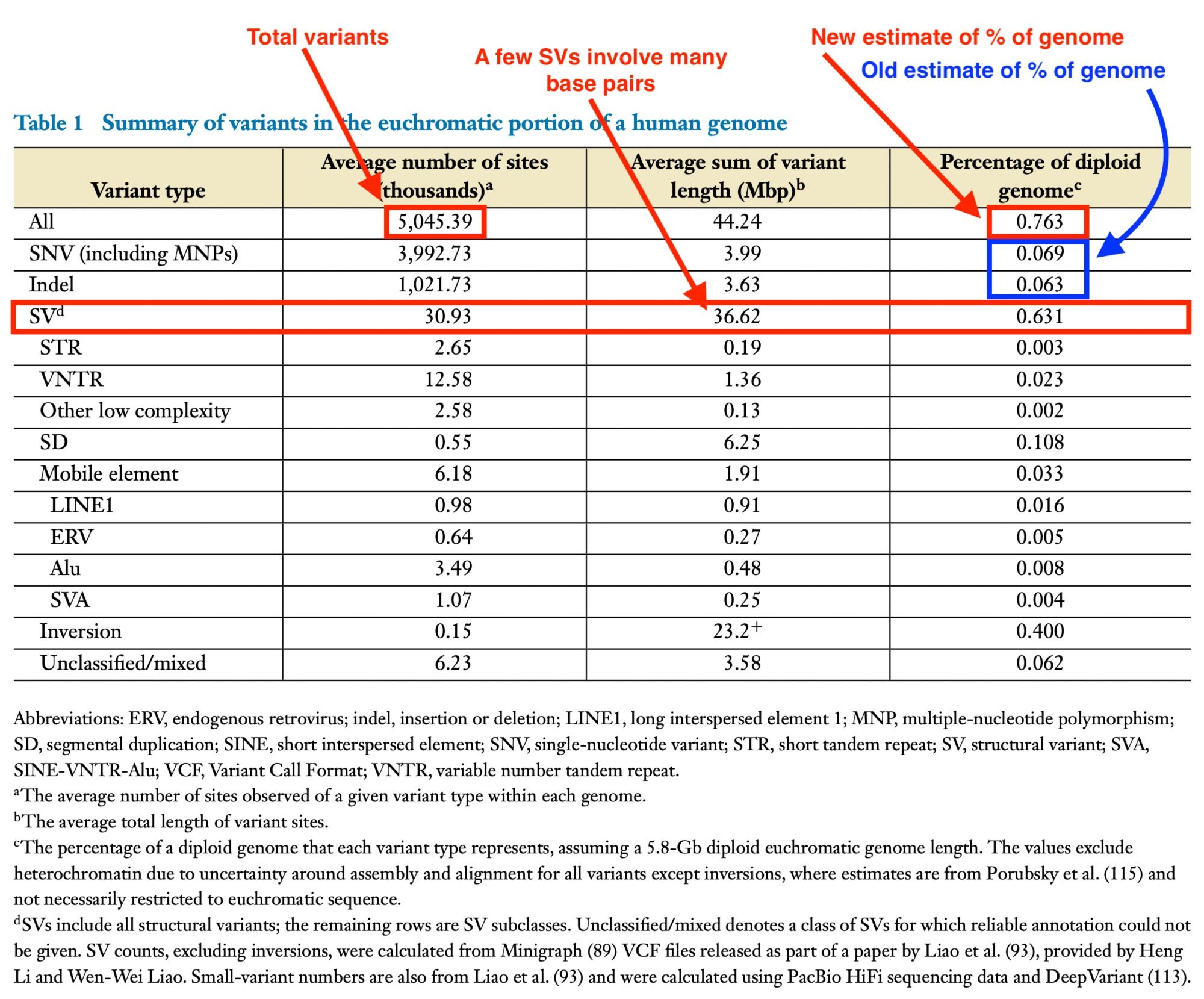If only there were a theory linking rewarding plant drugs with pathogen defense... 1/2 🧪 #BioAnthnature.com/articles/nm....

Chemogenetic activation of central nervous system reward circuitry in the mouse VTA is shown to strengthen immunological host defenses against subsequent bacterial exposure and infection.
Why is "race" so important? The "Santa Barbara" school of evolutionary psychology proposes 2 complementary reasons: 1. Race is a cue of coalition membership, & coalitions trump race 2. Race is a cue of the local ecology, & local ecology trumps race👇 🧪 #BioAnthwww.sciencedirect.com/science/arti...

Human genetic variation can reveal who was having sex with who, when & where (ancestry!), but it doesn't reveal much about their biology because the informative variants are mostly neutral or slightly deleterious (drift) 🧪 #BioAnthweb.stanford.edu/group/pritch...
I’d love to be added to the list! (Bioanth aligned with medanth folks)
📢 The Australasian Society for Human Biology Conference is 👩💻online 🧑💻 this year Abstract deadline ‼️27th Sept ‼️ Great friendly conference of students and ECR 🇦🇺🦘🐨

Introduction With the significant rise in the cost of living, and the need to think more sustainably about how we approach conference attendance, we have decided to host the ASHB conference online in....
Looking for an online #bioanthwww.australasianhumanbiology.com/conference-r...

Introduction With the significant rise in the cost of living, and the need to think more sustainably about how we approach conference attendance, we have decided to host the ASHB conference online in....
Was warfare important in human evolution? A great new review of the evidence suggests the answer is yes 🧪 #BioAnthwww.sciencedirect.com/science/arti...

Our Evolutionary Anthropology seminars are starting up again in October at UCL Anthropology. Free/open to all, and we're a friendly bunch! evoanthucl.wixsite.com/blog/post/op...#EvoAnth#BioAnth

Join us for our UCL Evolutionary Anthropology in-person seminars this term! These seminars are free to attend & open to all, and takes place in the Daryll Forde Seminar Room on Floor 2 of the UCL Anth...
Doing my first monthly check-in emails for the students in my intro and bioanth classes, and these are not only a touching glimpse into their lives, but a reminder that VCU students are almost uniformly kind, dedicated, thoughtful, considerate, and hard-working. I love my job.
The genomes of any 2 humans differ at 5 million sites. It was thought that these comprised 0.13% of the genome, but new tech reveals 31K very large structural variants (SV), so 0.76% of the genome varies 🧪 #BioAnthwww.annualreviews.org/content/jour...
